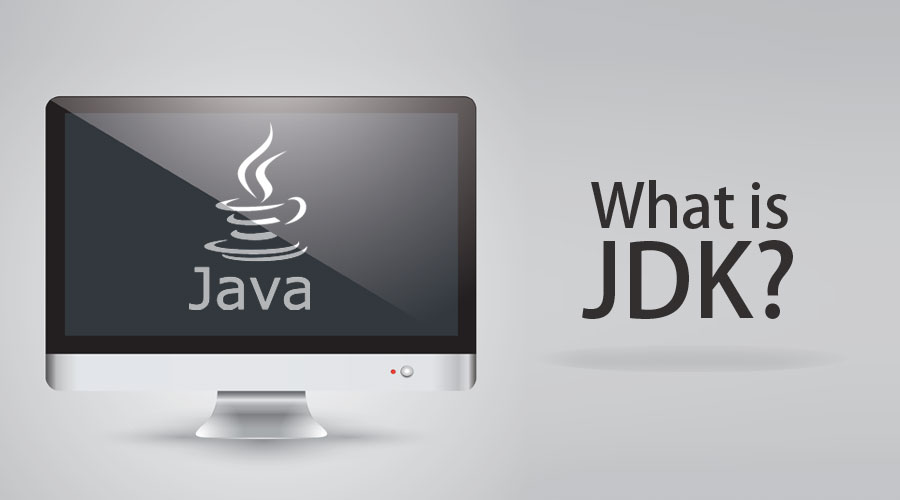Along with the development of information technology and mobile devices, the development of multi-platform software is gradually becoming necessary for us. Not only is it compatible with many operating systems, but Cross-platform Development also provides a great user experience. To get an overview of cross-platform development and understand why businesses need to develop cross-platform applications? Let’s read the content below.
1. What is Cross-platform Development?

Cross-platform development creates applications that work on any platform and operating system. Source: appfutura.com
A cross-platform application is a type of application that is developed to work on many different platforms. This application is compatible with many operating systems such as iOS and Android.
Cross-platform Development is where programmers build software that can run on different platforms using a single code system. This means technology companies can launch new applications more quickly and with better quality.
2. Advantages and Disadvantages of Cross-platform Development

Cross-platform Development brings many advantages to developers. Source: apptraitsolutions.com
2.1. Advantage:
- Easily reach customers:
Multi-platform software is compatible with many different platforms and devices, so it is popular with users and has high coverage, helps businesses reach customers easily and quickly.
- Save time and costs:
The product of cross-platform development is an application that is compatible with multiple platforms. Instead of spending time and effort to create multiple applications compatible with each platform, programmers wrote the code once and created a single application that met the needs of users on multiple platforms.
- Create an application with synchronization:
Cross-platform applications are often used on many devices and many different operating systems, so its synchronization feature is also emphasized by the developer. Users who install cross-platform applications will not need to update data manually, it only takes a few seconds to synchronize data on all platforms.
This not only brings convenience to users but also supports the process of managing and upgrading the application during use.
- Advanced development technology:
Cross-platform applications use advanced programming technology to help improve the quality of user experience. This is one of the plus points of Cross-platform applications compared to other types of applications. Cross-platform Development is also considered a new software development trend that creates smooth multi-purpose applications.
2.2. Disadvantages:
Besides the above advantages, Cross-platform Development also has some disadvantages such as:
- Limits on flexibility:
The first disadvantage of Cross-platform Development is that it creates applications with low flexibility. Cross-platform applications seem to have too many features and must meet many platforms at the same time, so there will be certain barriers compared to applications specific to one platform.
- Software quality is not high:
Usually, when using cross-platform development technology, the created product will not be of good quality compared to specialized applications. This is because many factors determine the programming process such as different user interfaces, different tools and languages, compatibility with platform layouts… However, with today’s advanced technology nowadays, it is no longer such a big barrier.
3. Why do businesses need to develop cross-platform applications?

Cross-platform Development helps businesses reduce costs, time, and effort in building software. Source: cashflowinventory.com
Businesses need to develop cross-platform applications simply because it brings many significant benefits. Here are some reasons that businesses should soon adopt this software technology:
- Reduce the cost:
The biggest benefit that Cross-platform Development brings is reducing the time and cost to build software. Eliminating repetitive tasks is not only convenient for programmers but also reduces production costs for businesses.
- Code can be reused:
The second benefit of cross-platform application development is that developers can escape the situation of writing separate code for each type of software and each type of operating system. The product of cross-platform application development is software that uses “write once, run many times” code.
- Errors can be easily corrected:
Nowadays, as e-commerce is growing, applications also need to be updated regularly. Therefore, using a cross-platform application will facilitate modifying the code and updating it easily.
- Faster software development:
Cross-platform development simplifies the process of creating a wide range of applications. Developers can use available frameworks to access Plugins to create different applications. This shortens software construction time, reduces costs, and reduces work pressure for developers.
4. What are the 5 cross-platform application development frameworks?
4.1. Ionic Framework

Ionic is the most commonly used cross-platform development framework today. Source: ionicframework.com
Ionic is a framework that provides syntax and libraries of components such as HTML, CSS, and JavaScript to support cross-platform application development. The standout feature of Ionic is hardware transitions that improve app speed and performance.
Ionic allows programmers to create flexible user interfaces for all operating systems, choose eye-catching themes, form controls…
4.2. React Native
React Native is a framework introduced by Facebook in 2015. React Native is suitable for building cross-platform applications and hybrid applications (applications that combine features of Native App and Web App). This framework is based on the React JavaScript library and supports many programming languages such as Java, Swift, C,…
React Native can display a native interface, and reusable code, provides many features, and is easy to use.
4.3. Flutter
Flutter is a development framework owned by Google, designed to develop native interfaces for Android and iOS operating systems. Developers around the world use this framework because it can operate on existing code while also applying 2D rendering tools to create images.
4.4. Xamarin
Xamarin is a popular framework used to develop cross-platform applications that can work smoothly on any mobile platform, including iOS and Android.
Xamarin uses Microsoft’s C# and .NET programming languages.
Xamarin offers its integrated development environment (IDE) as well as many other software development toolkits.
4.5. Sencha

When using the Sencha Framework, developers are provided with more than 100 UI components. Source: moduscreate.com
When using Sencha for cross-platform application development, programmers will get all the most modern Java and JavaScript frameworks for software development with ease.
Sencha provides developers with over 100 fully tested and supported UI components integrating essential features. Therefore, this can be considered the most perfect development framework for cross-platform application development.
Not only that, Sencha also provides reusable themes on iOS, Ext JS, Ext Angular,…
Conclude
Cross-platform Development is a cross-platform application development process that brings many benefits to businesses. To create cross-platform applications, programmers often use the best quality frameworks. Hopefully, through the analysis above, your business will make appropriate decisions in applying multi-platform software.
If you need advice on Web/Smartphone App development services, you can contact BAP Software for the best technology service support.















